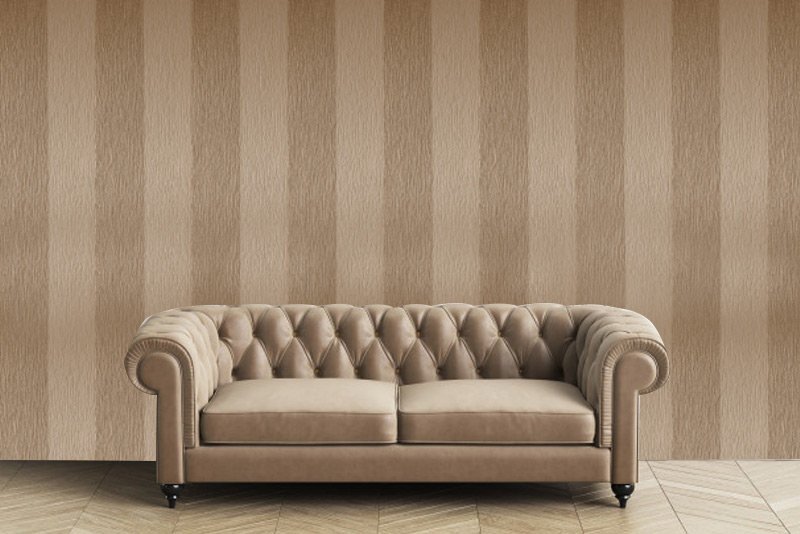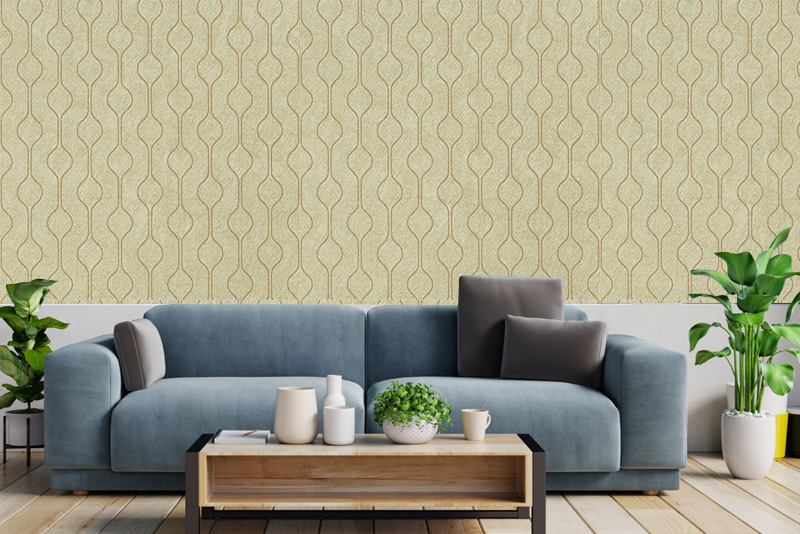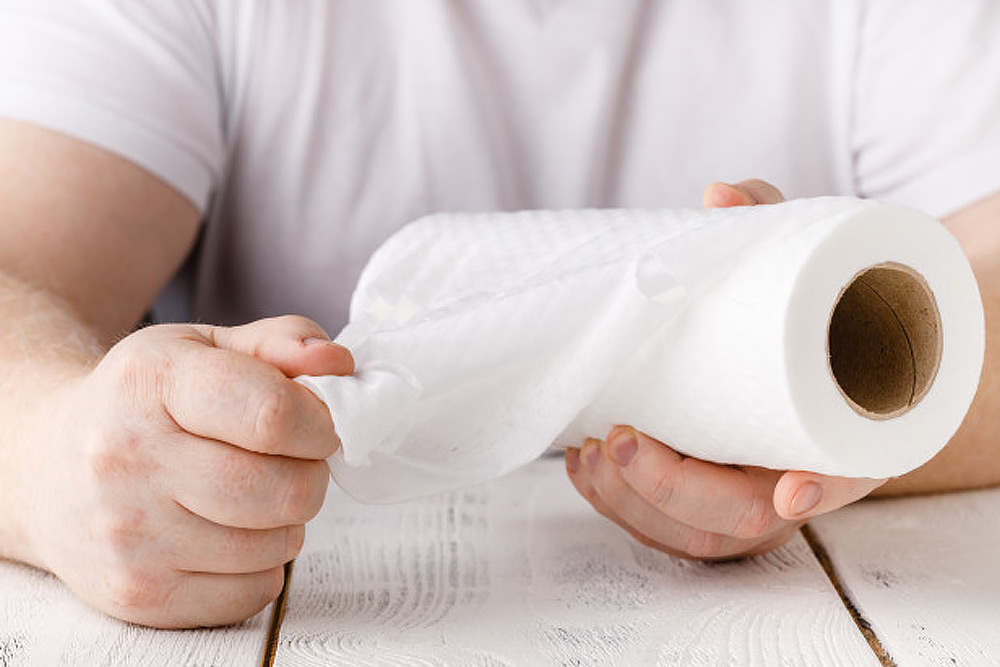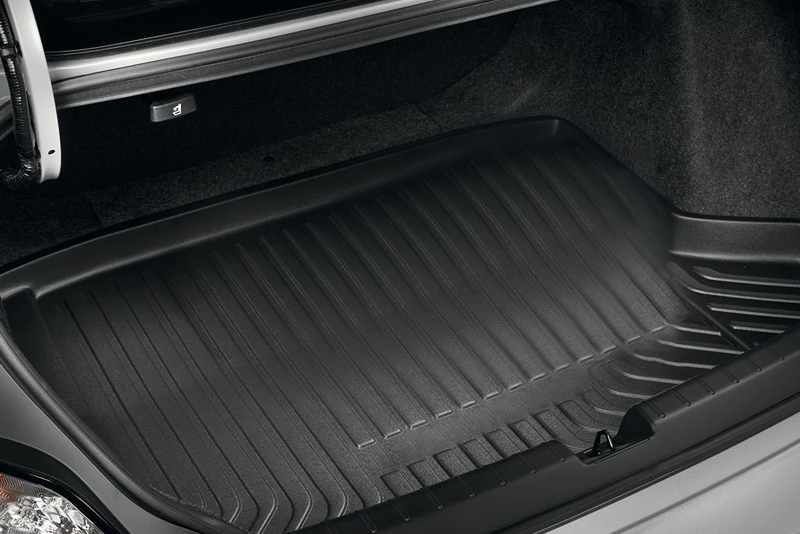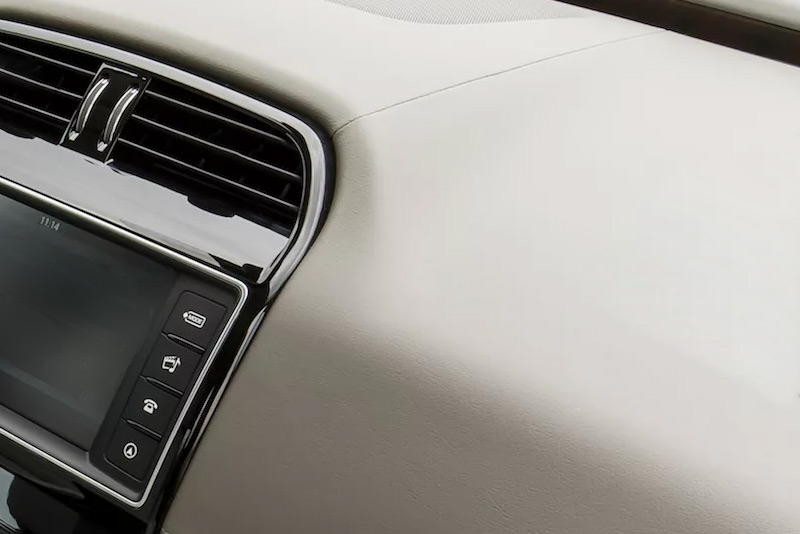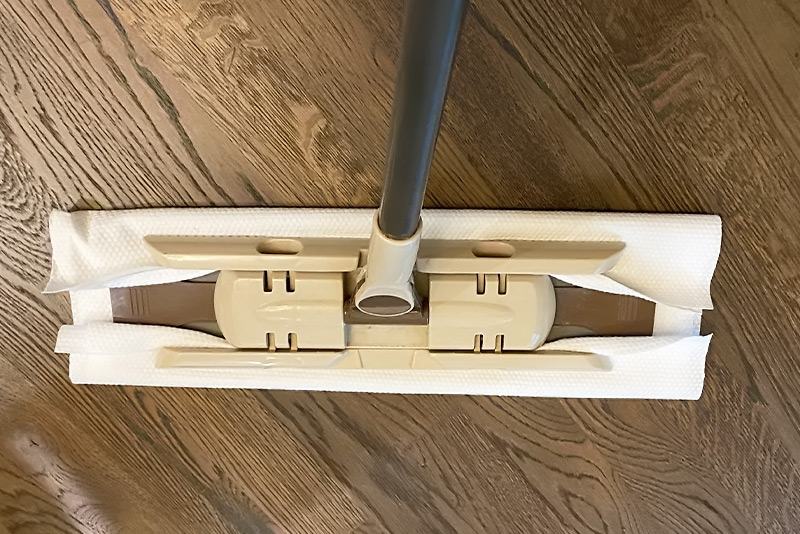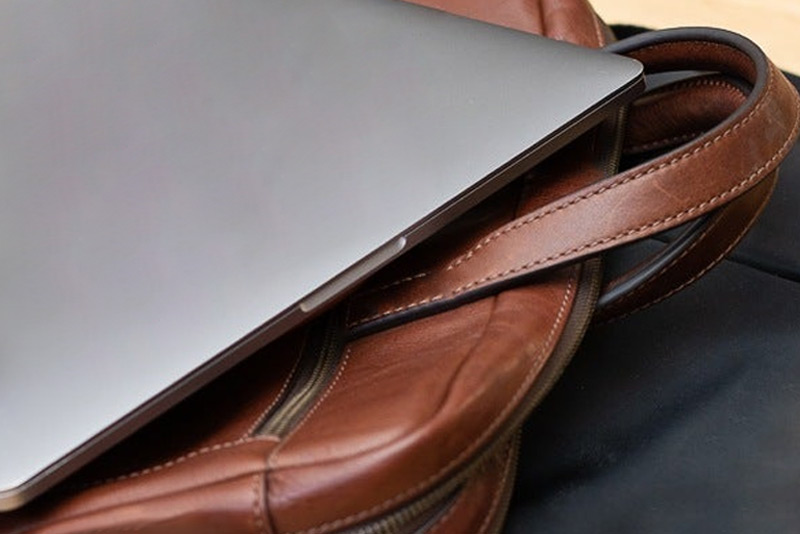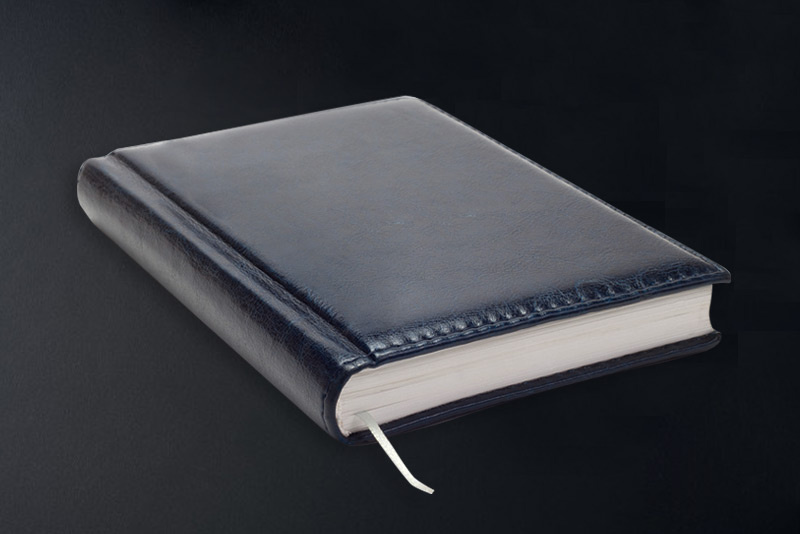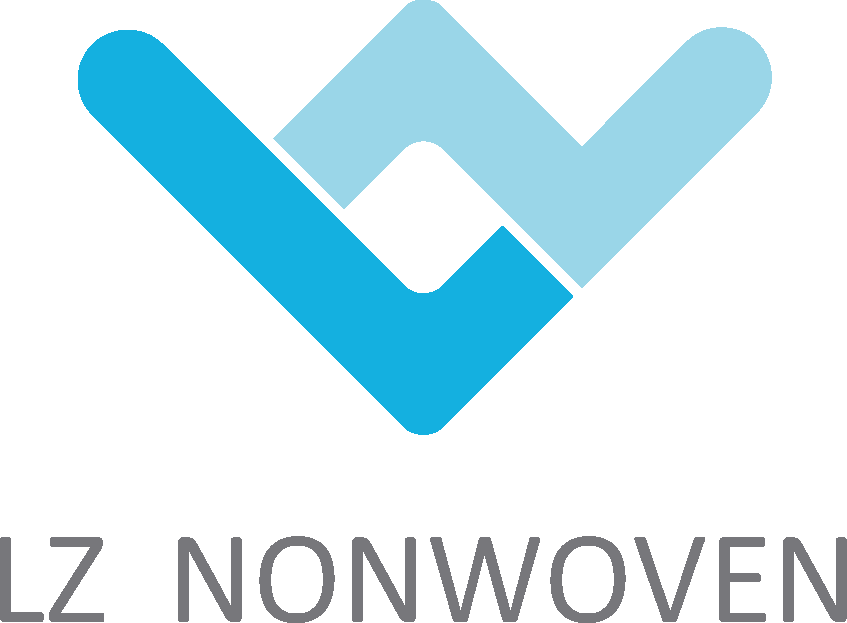Waterproof nonwoven fabric offers several benefits in various applications. Here are some of the advantages:
Water resistance: The primary benefit of waterproof nonwoven fabric is its ability to repel water. It is designed to prevent water from passing through the fabric, keeping the underlying materials dry. This feature is especially valuable in situations where moisture or water exposure could damage or compromise the integrity of the underlying materials.
Protection against liquids: Waterproof nonwoven fabric provides protection against not only water but also other liquids, such as oils, chemicals, and stains. This makes it suitable for use in industries where protection against spills and splashes is essential, such as healthcare, food processing, and automotive sectors.
Breathability: Despite its waterproof properties, nonwoven fabric can still offer breathability. It allows air and moisture vapor to pass through the fabric, preventing a buildup of heat and moisture, which can cause discomfort or compromise the performance of certain products.

Lightweight and comfortable: Nonwoven fabrics are typically lightweight, making them comfortable to wear or use. The absence of a woven structure, with interlacing yarns or threads, contributes to their lightweight nature, making them suitable for applications where comfort is crucial, such as in medical garments, diapers, and outdoor apparel.
Durability and strength: Waterproof nonwoven fabric is designed to be durable and strong. It can withstand regular use, abrasion, and stretching without tearing or losing its waterproof properties. This makes it a reliable choice for applications that require long-lasting performance, such as construction materials, outdoor gear, and industrial protective clothing.
Versatility: Nonwoven fabric can be manufactured with various characteristics, including different levels of waterproofing, strength, and breathability. This versatility allows it to be used in a wide range of applications, including medical and hygiene products, filtration systems, packaging, agriculture, and geotextiles.
Cost-effective: Nonwoven fabrics are often more cost-effective than traditional woven fabrics. Their manufacturing process is efficient and can be easily scaled up, resulting in lower production costs. Additionally, their lightweight nature can reduce transportation costs.
Eco-friendly: Some nonwoven fabrics are made from recyclable materials or can be recycled themselves. This makes them an eco-friendly option compared to certain other materials. Additionally, nonwoven fabrics can be designed to be biodegradable, reducing their environmental impact.
Overall, waterproof nonwoven fabric offers a combination of water resistance, breathability, durability, and versatility, making it a valuable material in a wide range of industries and applications.


 English
English 简体中文
简体中文 日本語
日本語
